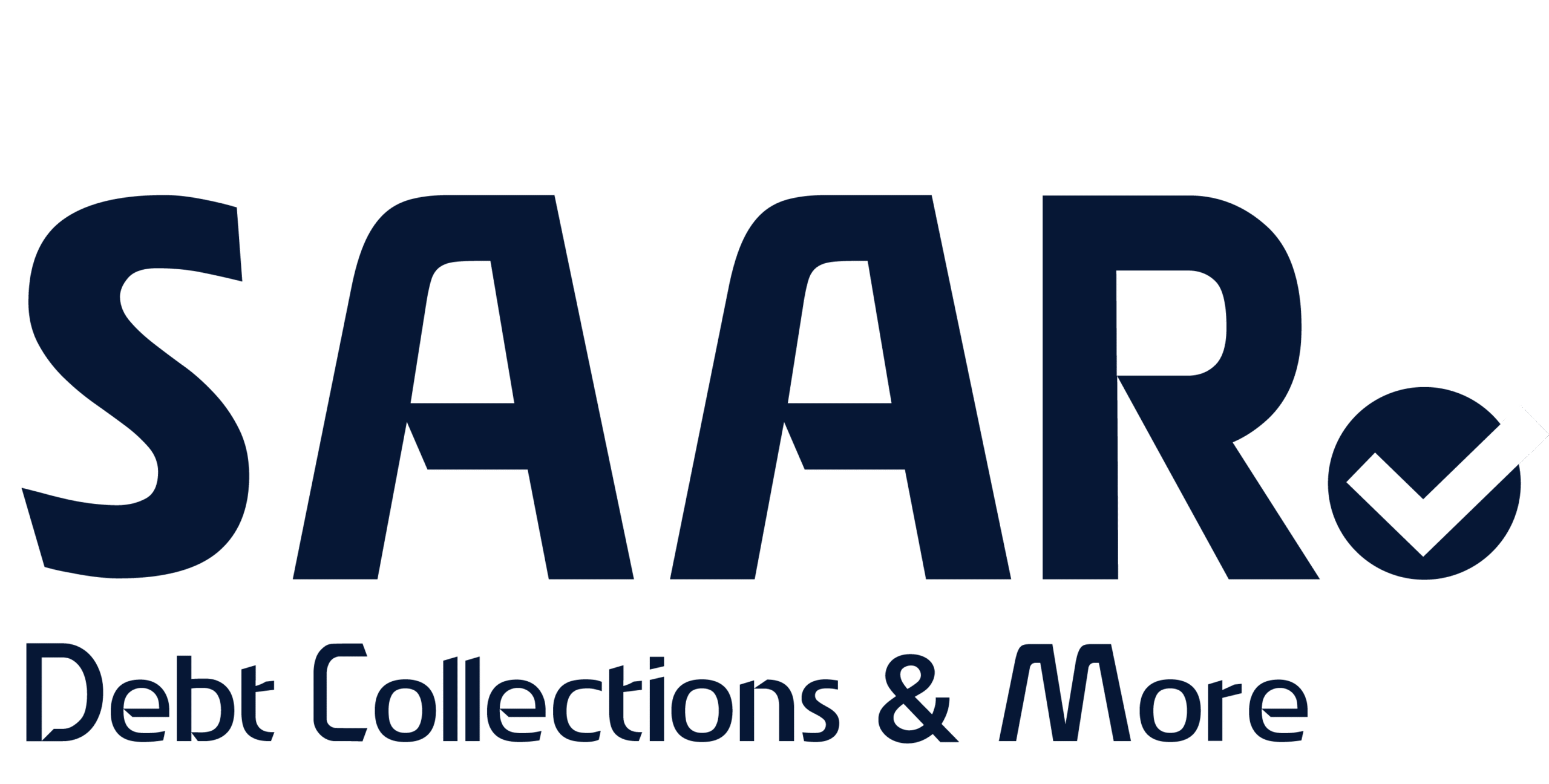Outstanding debts (or unpaid invoices) are among the biggest challenges facing businesses in Saudi Arabia—whether small or large.
Every unpaid invoice means:
-
Lower cash flow
-
Pressure on salaries and expenses
-
Slower company growth
That’s why we’ve collected the most practical and smart tips to help you reduce outstanding debts and maintain healthy cash flow.
1. Clearly Define Payment Terms from the Start
Don’t rely on “good intentions.”
Always include in every quotation or invoice:
-
Exact due date (e.g., within 14 days)
-
Late fee policy
-
Whether partial payments are accepted
Clarity reduces excuses and delays.
2. Assess the Client Before Offering Credit
Not every client deserves instant trust.
Before offering deferred payment, make sure to:
-
Review previous payment history (if they’re a returning client)
-
Check their market reputation
-
Assess financial ability (especially for large projects)
Some companies use a “Client Assessment Form” before approving payment terms.
3. Use Electronic Invoicing + Automated Reminders
Paper invoices can be lost or delayed.
But electronic systems (like Daftra or Zoho Invoice) send the invoice instantly and include:
-
Delivery notifications
-
Direct payment links
-
Automated reminders before and after due dates
These tools significantly reduce forgetfulness and delays.
4. Encourage Early Payments
Offer incentives for clients who pay early, such as:
-
5% discount for payment within the first 7 days
-
Entry into a monthly prize draw
-
Priority in future orders
Early payment = win-win for both sides.
5. Follow Up on Late Clients Professionally
Don’t wait two months to follow up.
Start reminders 2–3 days after the due date with a polite message, then escalate to:
-
Direct phone call
-
Formal letter
-
Legal notice (if necessary)
If the client continues to delay, don’t hesitate to use a professional collection agency like Saar.
6. Shorten Your Payment Terms
Instead of offering “30 days” by default, try:
-
14 days
-
Or even payment before delivery in some cases
Shorter terms = less outstanding amounts.
7. Offer Installments to Trusted Clients
If a client has a large invoice they can’t pay in full, allow them to pay in installments with a clear agreement.
This way, you recover the money without losing the client.
8. Review Your Receivables Monthly
Set a fixed day each month to review:
-
Total outstanding debts
-
Number of overdue invoices
-
Average delay time
-
Most delayed clients
Regular analysis helps you detect and fix problems early.
9. Assign a Dedicated Collections Specialist or Team
If you have many invoices, don’t treat collections as a “side task” for your accountant.
Hire or assign someone specifically responsible for collections and follow-up.
10. Use a Professional Collection Agency When Needed
If you’ve tried everything and the amount still hasn’t been paid, it’s time to bring in a professional like:
Saar Debt Collection Company
-
Follows up on your behalf
-
With a professional and respectful approach
-
Maintains your relationship with the client
📞 Contact Saar:
+966537778130
+966544195383
Summary
Every outstanding riyal is your money—and delays cost you time, effort, and maybe missed opportunities.
By applying the above tips, you can significantly reduce unpaid debts and keep your company financially strong and operationally organized.

